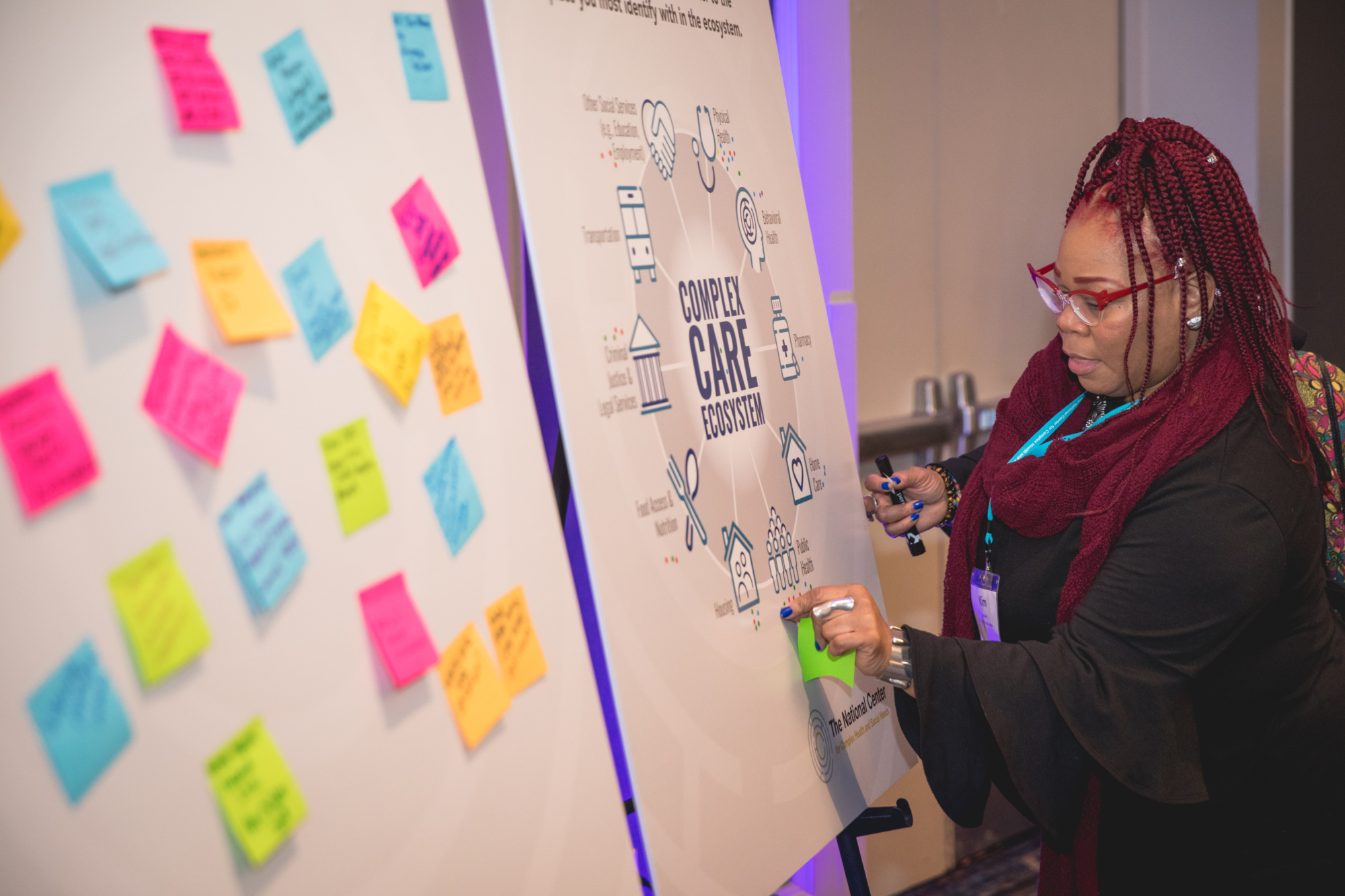A new evaluation of the Camden Coalition and Rutgers Law School’s Medical-Legal Partnership (MLP) showed that 75% of participants who received legal services in the intervention achieved significant progress in their recovery from substance use disorders. The evaluation also showed that 60.9% of participants also resolved at least one critical legal issue that threatened to impact their recovery.
The new evaluation report, “Offering holistic support: Findings from the Camden Coalition’s Medical-Legal Partnership evaluation,” was published by the Camden Coalition, Cooper University Health Care, and Rutgers-Camden Senator Walter Rand Institute for Public Affairs. It is comprised of survey data from 70 MLP participants and 13 staff members, as well as 39 qualitative-based interviews with participants, collected since February 2022.
The MLP was launched in November 2017 to help individuals, particularly those with complex health and social needs, overcome legal barriers that impact their health and recovery. The program integrates legal services into healthcare settings, including Cooper Center for Healing, an addiction medicine care center within Cooper University Health Care. MLP attorneys collaborate with care providers to identify legal issues among patients with substance use disorders during their care.
Patients assisted through the MLP have received pro bono services during their recovery including court representation, housing and eviction support, and assistance with securing public benefits.
Among the most impactful data from the new evaluation include findings showing that:
- 73.2% of participants were diagnosed with at least two mental health disorders
- 41.8% of participants were diagnosed with at least two chronic diseases
- Participants’ legal needs varied from criminal matters (43.8%), to municipal-based fees or fines, and landlord-tenant issues (23.4%)
- More than two-thirds of participants reported a sense of being heard and supported, actively involved in decision-making, and acknowledgement of effective advocacy on their behalf
The evaluation additionally provides five implementation considerations for similar medical-legal partnerships initiated or run by other community-based organizations — from understanding the role of complex care, to funding and staffing advice.




